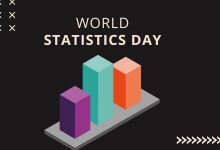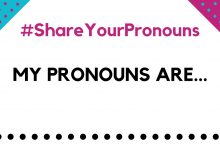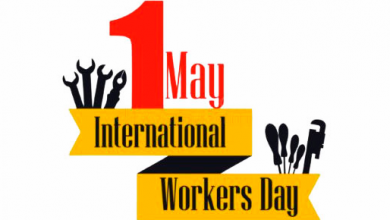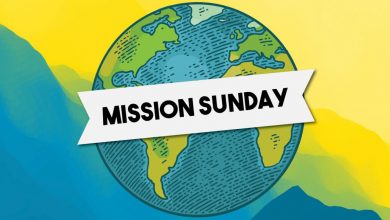International Pronouns Day (2024): Wishes, Activities & History
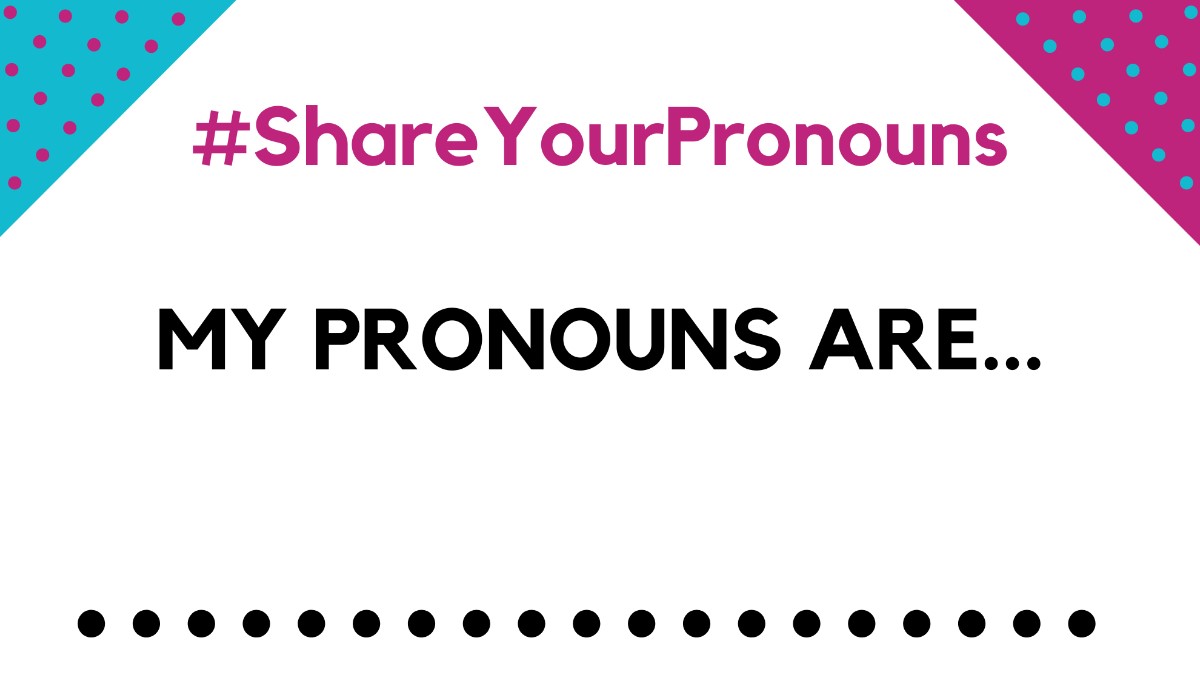
International Pronouns Day 2024: Activities & Why It Matters To Ericsson – The goal of International Pronouns Day is to make using personal pronouns respectful, widely available, and understood by everybody. The foundation of human dignity is using the pronouns that individuals choose for themselves. Transgender, as well as gender nonconforming people, suffer the most when they are addressed with incorrect pronouns. We can change society so that people can enjoy their many, intertwining identities by working together. The third Wednesday in October has been designated as International Pronouns Day since 2018.
What is the purpose of International Pronouns Day?
International Pronouns Day isn’t primarily intended to be used for fundraising or corporate marketing/sales purposes. Instead, according to the creator of International Pronouns Day, large businesses and organizations should concentrate on internal practices and advancements before connecting with the public, and when doing so, should put the campaign’s goals front and center. Even if some small businesses and organizations (such as those run by trans, nonbinary, and queer people) may utilize the day to advertise themselves, this shouldn’t be the main goal! While some organizations may decide to raise money during the campaign for transgender and non-binary causes, whenever options are available in one’s country or locality, please utilize these funds to assist groups led by transgender and non-binary people, particularly those who are severely marginalized, and please utilize these funds to assist trans/nonbinary organizations rather than overall LGBTQ+ organizations.
Observance of International Pronoun Day:
International Pronoun Day takes place on the 3rd Wednesday of October every year. So, these upcoming dates are given below:
| Day | Date | Year |
| Wednesday | October 16 | 2024 |
| Wednesday | October 15 | 2025 |
| Wednesday | October 21 | 2026 |
| Wednesday | October 20 | 2027 |
| Wednesday | October 18 | 2028 |
How do I become involved?
See the different ways individuals or your organization can get involved on the How to Contribute page. People and organizations engage in local, self-organized grassroots activities. Despite being the only official website, there are no campaign headquarters. The power to create their resources and adaptations is given to grassroots social justice activists. The views, concerns, and interests of transgender individuals and leaders, especially those who experience multiple forms of marginalization, should be prioritized by local organizers in their strategic planning.
How can my company support the initiative?
Just support it! Inform your followers, express your support publicly, and utilize the hashtag. You are urged to do your PR and outreach on behalf of your organization. Potential endorsement words:
“We support International Pronouns Day, which aims to normalize the sharing, respecting, and education of personal pronouns. Human dignity requires addressing others with the pronouns they choose for themselves. Transgender & gender-nonconforming people are severely impacted by using incorrect pronouns. Together, we can change society so that people can enjoy their many, intertwining identities. On International Pronouns Day, we invite local businesses, companies, colleges, and schools to host enlightening activities.
Which hashtag is the main one?
#PronounsDay. Of course, you are free to create your hashtags, as well as make modifications for various languages and objectives.
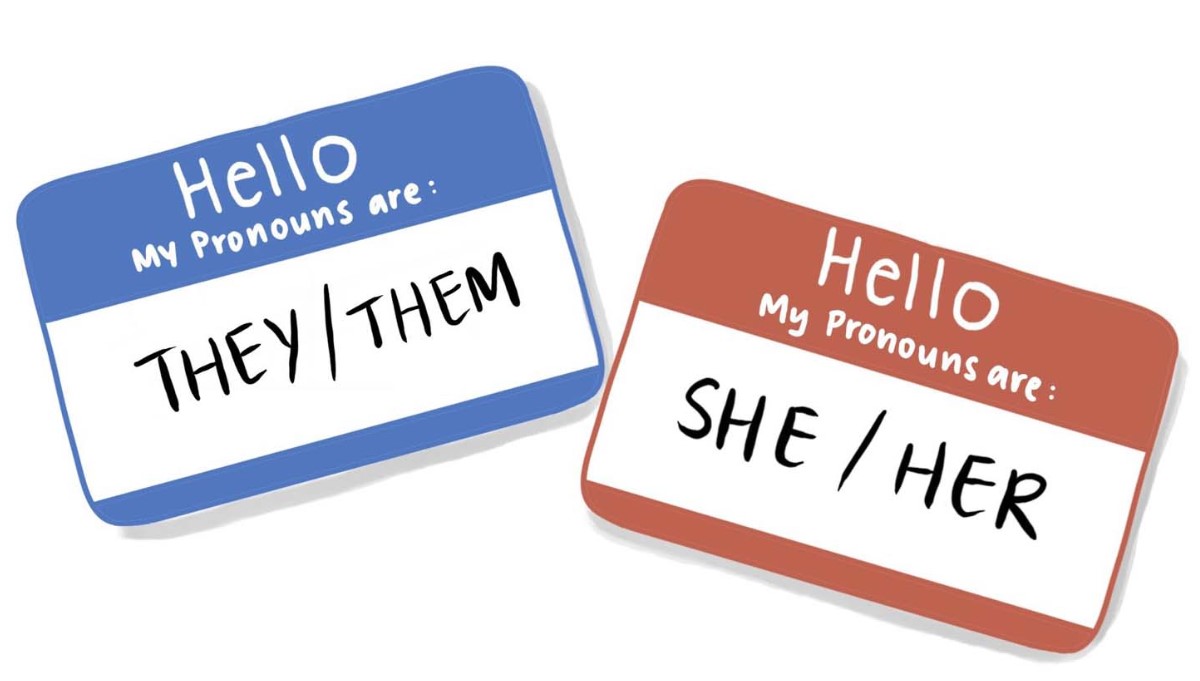
When you mention pronouns, what do you mean?
There are several different pronoun categories in English. Third-person intimate pronouns, which are used to characterize a person when you are speaking about them, are the subject of International Pronouns Day. The Pronouns.org website has more information about sharing, requesting, and correcting pronoun usage errors. As this website grows, more resources add to the How to Contribute page. Many gender assumptions can be made about us since third-party pronouns through English are frequent gender. The goal of this campaign is to assist individuals in dispelling those presumptions.
How about pronouns used in other languages besides English?
This is not an issue or cause for concern because other languages do not use gendered personal pronouns. People use gendered pronouns in some languages to refer to themselves (not just in referring to others). Some languages also gender a variety of nouns and adjectives that describe persons in addition to pronouns. Anyone who would find it useful to modify or use in their setting is welcome to participate in International Pronouns Day. We urge writers to focus on trans and nonbinary people who speak those languages and to provide content that is pertinent to those languages.
Do I have to refer to someone using the pronouns they want me to use?
We believe that doing so, like addressing someone by name, is customary civility and fundamental to maintaining human dignity. Additionally, several organizations and jurisdictions have made it clear that purposefully or consistently using the wrong pronouns may be a sign of hostile behavior or discriminatory harassment.
Does everyone have to use the same pronouns?
Some persons choose to simply be addresse by their first name, may not want their pronouns to share may use different pronouns depending on the situation, or may only use a particular set of pronouns. However, using your pronouns makes it clear how you prefer to be addressed. It also helps to foster a culture where sharing is acceptable, and by doing so, you dispel the myth that making assumptions will be successful.






